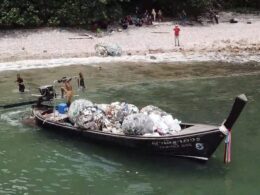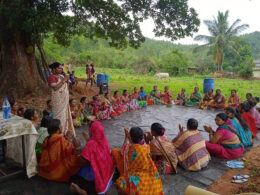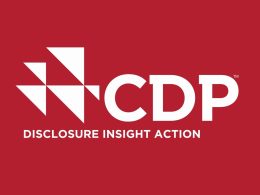The Integrity Council for the Voluntary Carbon Market (ICVCM) has approved three biochar methodologies and two Improved Forest Management (IFM) methodologies for use under its Core Carbon Principles (CCP) label, with a third IFM methodology approved subject to modifications.
The newly approved biochar methodologies are:
- CAR – U.S. and Canada Biochar (Version 1.0)
- Isometric Biochar Production and Storage (Version 1.0)
- Verra VM0044 Methodology for Biochar Utilization in Soil and Non-Soil Applications (Version 1.2)
Biochar is produced by heating biomass in low-oxygen conditions, locking in carbon and preventing it from releasing as greenhouse gases. It can act as a long-term carbon sink when applied to soils. Demand for biochar carbon credits has doubled in each of the past two years, according to MSCI. All three methodologies are new, with no credits yet issued. Twenty-five projects have been registered under the Isometric methodology, expected to yield 500,000 credits in 2026, while three VM0044 projects could issue 249,000 credits annually.
“Biochar is a rapidly growing segment of the carbon market and the approvals announced today underscore the credibility of this emerging climate solution,” said Annette Nazareth, Chair of the Integrity Council.
The approved IFM methodologies are:
- Verra VM0045 Methodology for Improved Forest Management Using Dynamic Matched Baselines from National Forest Inventories (Version 1.2)
- ACR – Improved Forest Management on Non-Federal U.S. Forestlands (Version 2.1), with an appropriate leakage deduction applied for projects reducing wood product output relative to the baseline
IFM projects focus on forestry practices that boost carbon sequestration and limit emissions, such as extended harvest rotations, conservation areas, and reduced-impact logging. VM0045 is new, with two projects under validation and expected to produce 258,000 credits annually. The updated ACR methodology currently lists 18 projects spanning nearly 500,000 acres.
The CAR Mexico Forest Protocol (Version 3) has been approved with conditions, requiring revisions to leakage accounting and a minimum 40-year permanence commitment. The methodology has issued 8.1 million credits to date, but the number eligible for CCP labelling will depend on compliance with the remedial measures.





















